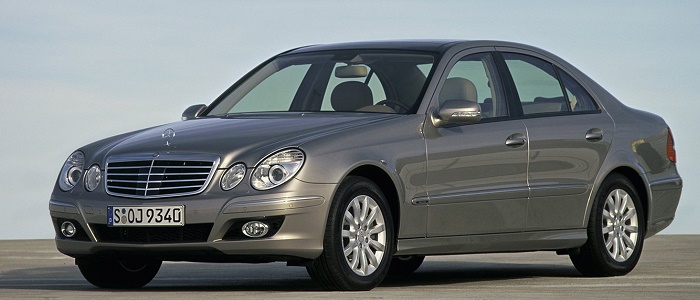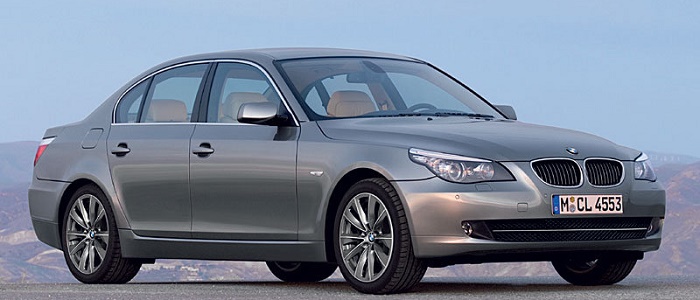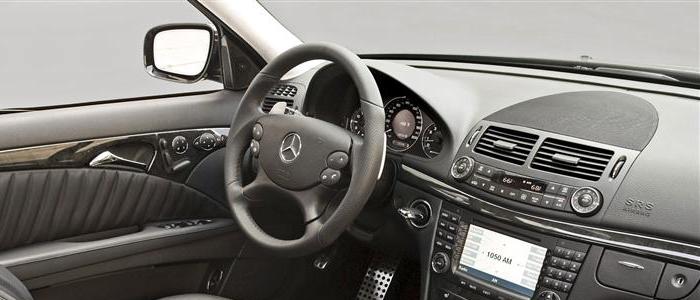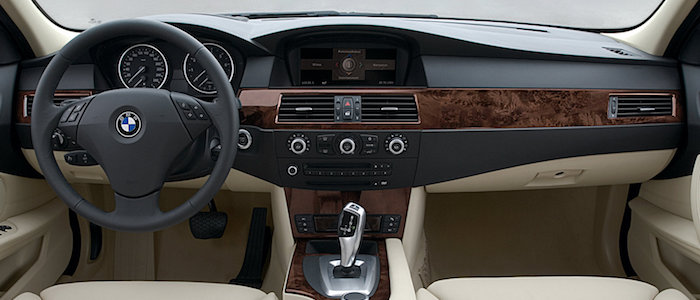Compare two cars
Compare any two cars and get our Virtual Adviser™ opinion
Dimensons & Outlines
Check vehicle history
Engine
3.0 M272 KE30
Performance (manual gearbox)
Performance (automatic gearbox)
Expenses
Virtual Adviser's™ opinion
Well, these are two pretty similar cars we have here! It's only details that could potentially make the difference. Considering they both belong to the luxury car segment and utilize the same 4-door sedan body style and the rear wheel drive system, it all comes up to the specific petrol engine choice they offer. The first one has a Mercedes Benz-engineered powertrain under the hood, a 6-cylinder, 24-valves 231hp unit, while the other one gets its power and torque from a 6-cylinder, 24-valves 218hp engine designed by BMW.
SafetyA starting point here would be to take a look at the results from European New Car Assessment Programme (Euro NCAP) tests which were performed on both of the cars, with the Mercedes Benz being a slightly better choice apparently. That aside, let's consider some other aspects which affect safety. Both vehicles belong to the luxury car segment, which is generally a very good thing safety-wise, still it doesn't help us solve our dilemma, does it? Furthermore, when it comes to weight, a factor that most people underestimate, Mercedes Benz E offers a marginal difference of 5% more metal.
ReliabilityReliability is not the best thing to consider on the make level, but it is worth mentioning that both brands display similar results in faults and breakdowns, when all the models are taken into account. That's the official data, while our visitors describe reliability of Mercedes Benz with an average rating of 4.3, and models under the BMW badge with 4.1 out of 5. Some independent research have also placed E as average reliability-wise, and 5 Series is more or less at the same level.We should definitely mention that owners of cars with the same powertrain as Mercedes Benz E rank it on average as 4.5, while the one under the competitor's bonnet gets 4.0 out of 5.
Performance & Fuel economyBMW is a bit more agile, reaching 100km/h in 0.2 seconds less than its competitor. Still, it lacks the power to win the top speed competition, topping at 248 kilometers per hour, 2km/h less than the other car. When it comes to fuel economy the winner has to be 5 Series, averaging around 7.4 liters of fuel per 100 kilometers (38 mpg), in combined cycle. We can't ignore that 26% difference compared to Mercedes Benz E.
Verdict
Mercedes Benz appears just a bit more reliable, although the difference is truly marginal. The most important thing when deciding between any two vehicles should always be safety, both passive and active. In my opinion, everything taken into account, Mercedes Benz E offers much better overall protection, which launches it ahead of the other contender. When it comes to performance, both vehicles provide similar experience, so I wouldn't point any of them out. 5 Series , on the other hand, consumps significantly less fuel, and that's a big plus. It's really tough to make a final decision here, but if I'd need to, I'd say BMW. Anyway, that's the most objective conclusion I could've came up with and it's based solely on the information found on this website. Aspects such as design, practicality, brand value and driving experience are there for you to measure them out. Also, you could use the oportunity to find out which car, everything taken into account, would be the perfect choice for you in the eyes of the virtual adviser™, among thousands of similar, yet so different vehicles.































